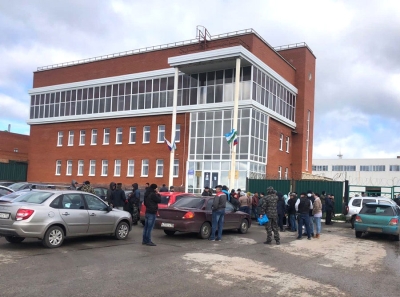Júlio Andrade: The Luminary of Brazilian Cinema
Júlio Andrade: A Maestro of Brazilian Cinema
Júlio Andrade
Júlio Andrade, born on July 30, 1976, in Recife, Brazil, is a distinguished figure in the realm of Brazilian cinema and television. With his captivating performances and unwavering dedication to his craft, Andrade has carved a niche for himself as one of the most talented actors of his generation.
Growing up in Recife, Andrade's passion for the performing arts was evident from a young age. He immersed himself in theater, honing his skills and nurturing his innate talent. His early experiences on stage laid the foundation for what would become a remarkable career in the entertainment industry.
Andrade's breakthrough came with his portrayal of João Grilo in the critically acclaimed film "Auto da Compadecida" in 2000. His nuanced performance earned him widespread acclaim and catapulted him into the spotlight. From there, Andrade's career gained momentum as he continued to deliver stellar performances across various mediums.
In addition to his success in film, Andrade has made significant contributions to Brazilian television. His roles in popular television series such as "Mandrake" and "Sob Pressão" have garnered him a loyal fan base and solidified his reputation as a versatile actor capable of tackling diverse roles with ease.
Beyond his acting prowess, Andrade is known for his commitment to social causes. He has been actively involved in initiatives aimed at promoting education and cultural enrichment in Brazil, using his platform to advocate for positive change in society.
Andrade's talent, passion, and humanitarian efforts have earned him numerous accolades throughout his career, including awards for Best Actor at prestigious film festivals. Yet, despite his success, he remains grounded and dedicated to his craft, constantly seeking new challenges and opportunities for growth.
As he continues to captivate audiences with his mesmerizing performances, Júlio Andrade stands as a shining example of the transformative power of art and the enduring impact of one man's talent and dedication. In the ever-evolving landscape of Brazilian cinema, his presence remains indelible, his contributions invaluable, and his legacy enduring.





